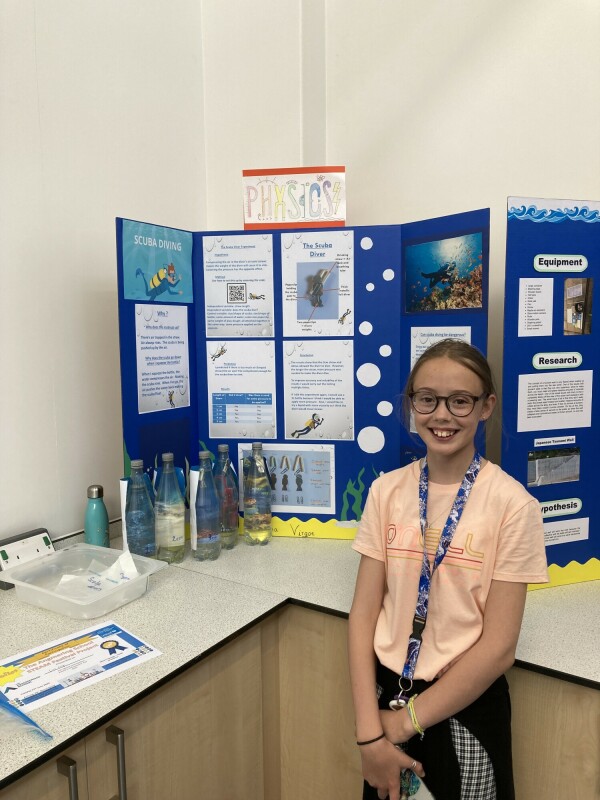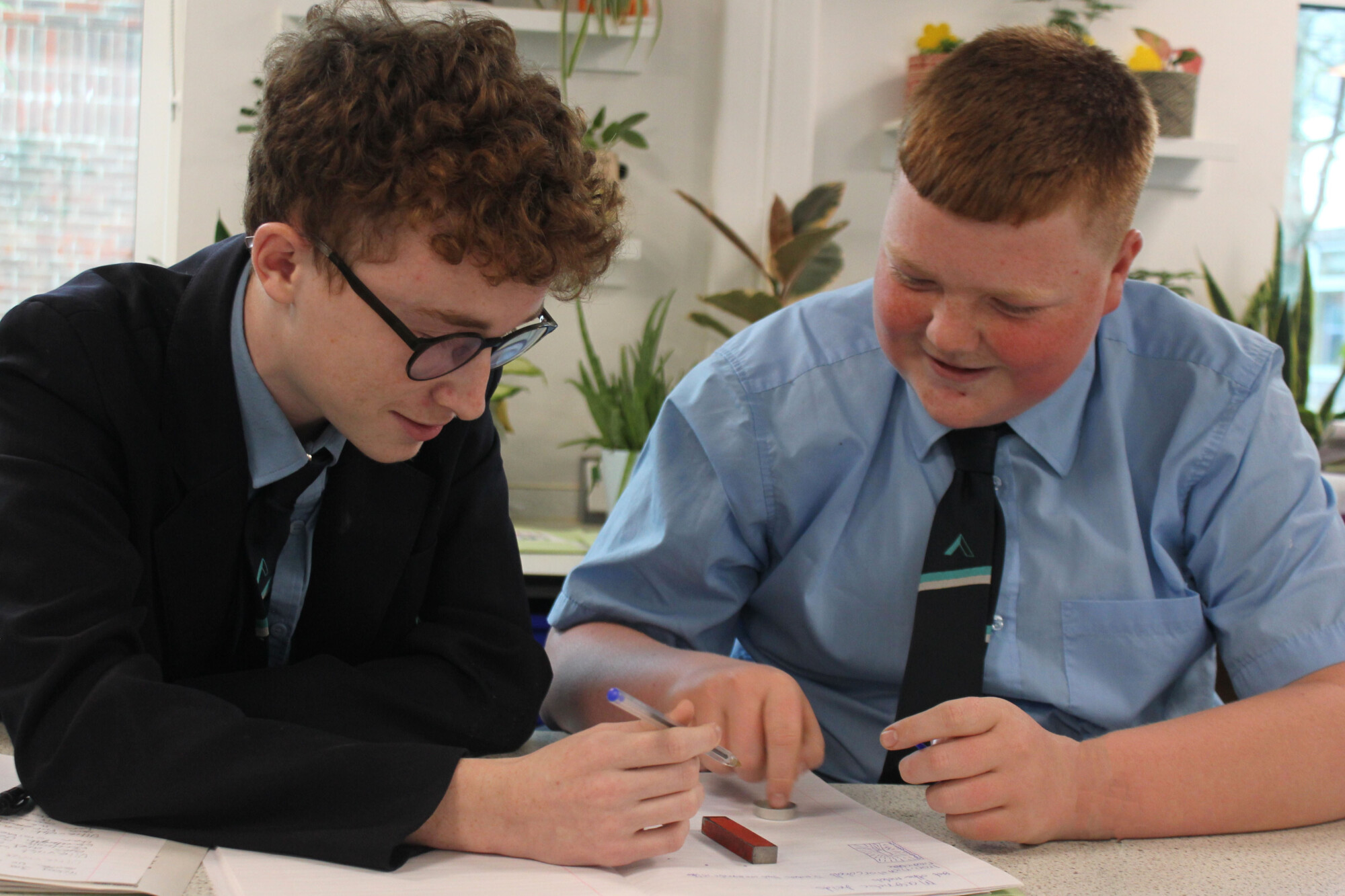GCSE COMBINED SCIENCE
What is the course about?
Combined Science is taken by the majority of our students and offers an excellent grounding in Biology, Chemistry and Physics. Upon completion students will receive two GCSE grades in science.
The course is structured as follows:
1. One unit of Biology, one of Chemistry and one of Physics in Year 10.
2. One further unit of Biology, Chemistry and Physics in Year 11.
Successful completion of Combined Science to a good standard (Grade 5 or above) will enable you to study A Level Sciences.
What skills and ideas will I learn?
Combined Science is delivered in the following units:
Year 10
Biology 1: Cell Biology, Organisation, Infection and Response, and Bioenergetics
Chemistry 1: Atomic structure and the Periodic table, Bonding, Structure, the
Properties of Matter, Quantitative chemistry, Chemical changes and Energy changes
Physics 1: Energy, Electricity, Particle model of matter, Atomic structure
Year 11
Biology 2: Homeostasis and Response, Inheritance, Variation and Evolution, Ecology
Chemistry 2: The rate and extent of chemical change, Organic chemistry, Chemical analysis, Chemistry of the Atmosphere and Using resources
Physics 2: Forces, Waves, Magnetism and Electromagnetism
In all subjects there will be a greater emphasis on the acquisition and development of Scientific, Investigative and Analytical skills than in previous years.
N.B. All combined Science GCSE exams will take place at the end of Year 11, and there is no longer a coursework component as skills relating to practicals will be assessed in the terminal exams.
GCSE Separate Sciences is an option for students with a particular interest in science and requires them to use one of their option choices. It provides the very best preparation for the study of science at A-Level and beyond. In this course, Biology, Chemistry and Physics are taught separately by experts in their field and upon completion students will receive 3 GCSEs (one for each subject).
How is the course assessed?
Combined Science: 6 x 75 minute terminal exams each contributing 16.7% of the course grades.
Question Types: Multiple choice, structured, closed short answer, and open response.
What will the course allow me to progress to in the future?
Combined Science: Science affects all areas of life and it allows you to make informed decisions. Scientific skills are highly regarded by employers and are essential for many A-Level courses.



